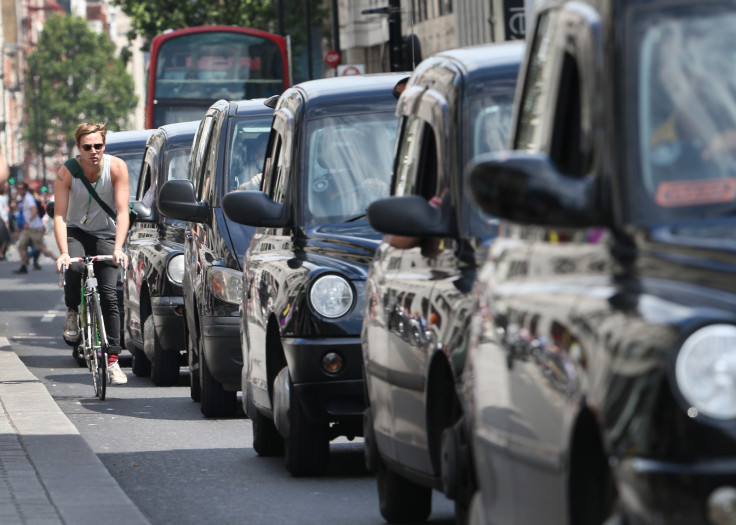The Knowledge sets London's black cabs apart from anywhere in the world - let's not get rid of it

Last week there were calls to water down The Knowledge. The new report by Conservatives in the Greater London Authority views the test all cab drivers have to pass to become licensed as costly, archaic, and overly difficult. But they ignore what London businesses and visitors want from our taxi trade.
People want a knowledgeable driver behind the wheel of a fully insured vehicle, which can get them A to B quickly and safely. Getting rid of The Knowledge in some sort of race to the bottom is ludicrous in the extreme.
With the advent of modern technology, we would like to work with the GLA and our regulator, TfL, to assess how the Knowledge tests are delivered and how long it takes, but we cannot support lowering our standards. I honestly don't know why any elected representative with responsibility for ensuring London remains an attractive place to live, work and visit would want to reduce the quality of service and gold standard reputation that our taxi trade delivers.
We think others should follow the standards we are setting, not undercut them. By 2018 all new black cabs will be zero-emissions capable, and we'd like to see all vehicles available for private hire in central London match that. Likewise we are the only form of public transport which is 100% wheelchair accessible and guide-dog friendly: if we are driven off the road, what's going to replace each of our 22,500 accessible cabs?
On first glance, some of the report's proposals look sound – but we will need further information before we are able to endorse them. Longer-term, the Government needs to give TfL the power to cap the number of Private Hire Vehicles (PHVs) in the capital. With now more than 90,000 operating in the capital – up 20,000 in the last year alone – congestion is getting worse in a city which already tends to register the highest of CO2 of any city in the world, and accidents involving PHVs are on the rise.
We do not shy away from innovation or competition. We have competed with minicab firms for over 50 years, and have been making the most of mobile technology through hailing apps such as Gett and Hailo since long before Uber came on the scene.
What we do object to is a minicab firm, like Uber, arguing that the rules don't apply to them. We have seen Uber come out very strongly against TfL's proposals for regulating PHVs in the capital, singling out one or two proposals in an attempt to convince the public that the exercise is threatening their service. They never talk about those regulations which would clearly improve customer safety and operator accountability: the requirement for operators to have a landline, for example, or to ensure that their drivers are comprehensively insured.
Instead, Uber seems to tell anyone who'll listen that all regulation is bad and that these proposals have been designed to protect the taxi trade. That's rubbish – we don't even support all of them. The reality is that TfL is responding to concerns expressed by the police, local authorities, environmental groups and the wider public that the status quo – 600 new PHVs coming onto our streets every week – is not sustainable.
We need TfL to take action in the interests of all Londoners and improve air quality, reduce congestion and ensure London continues to benefit from a world-class taxi service. As the regulator for transport in the capital with responsibility for the environment, accessibility, passenger safety and reducing congestion, TfL should be able to decide where the line is drawn. This is central to the LTDA's Better for London campaign, which launched in Westminster this week and will run until the Mayoral elections next year. The campaign champions the benefits of taxis while raising awareness of the longer-term impact of unfettered growth in PHV numbers in London.
Steve McNamara has been General Secretary of the Licensed Taxi Drivers Association since 2014. He has been a taxi driver for over 30 years.
© Copyright IBTimes 2025. All rights reserved.






















